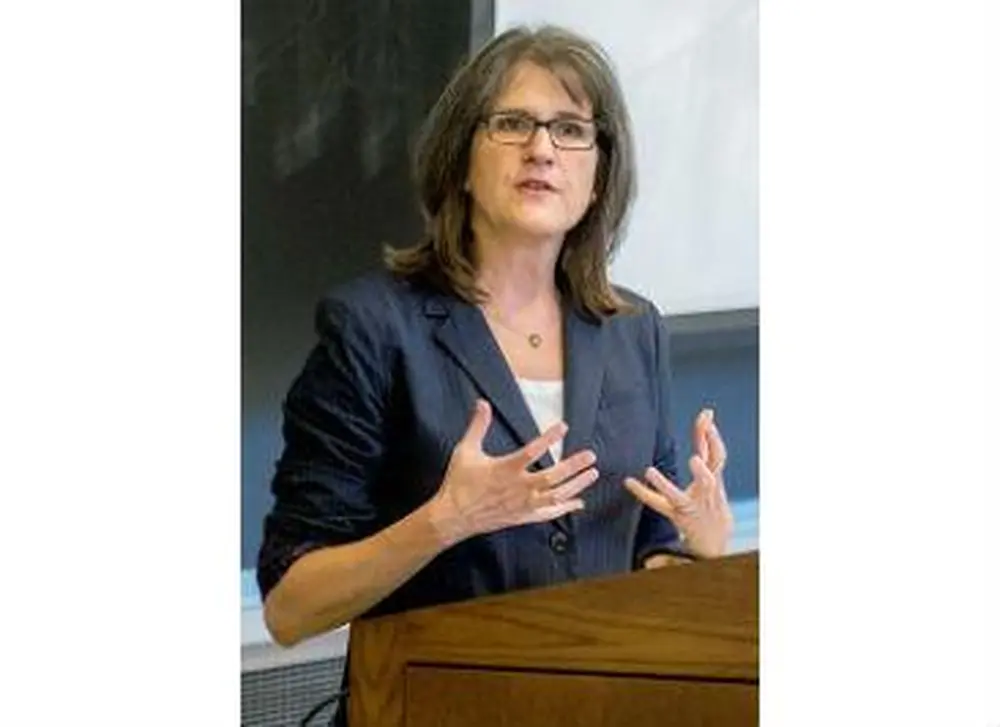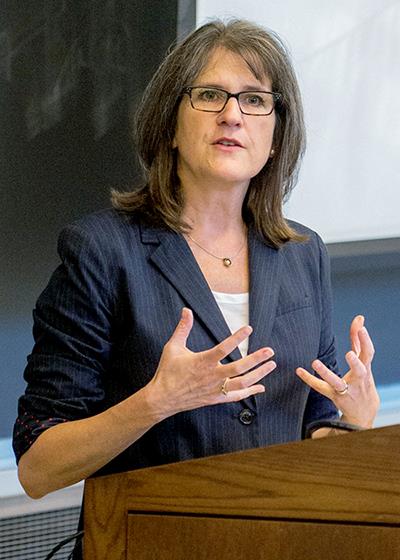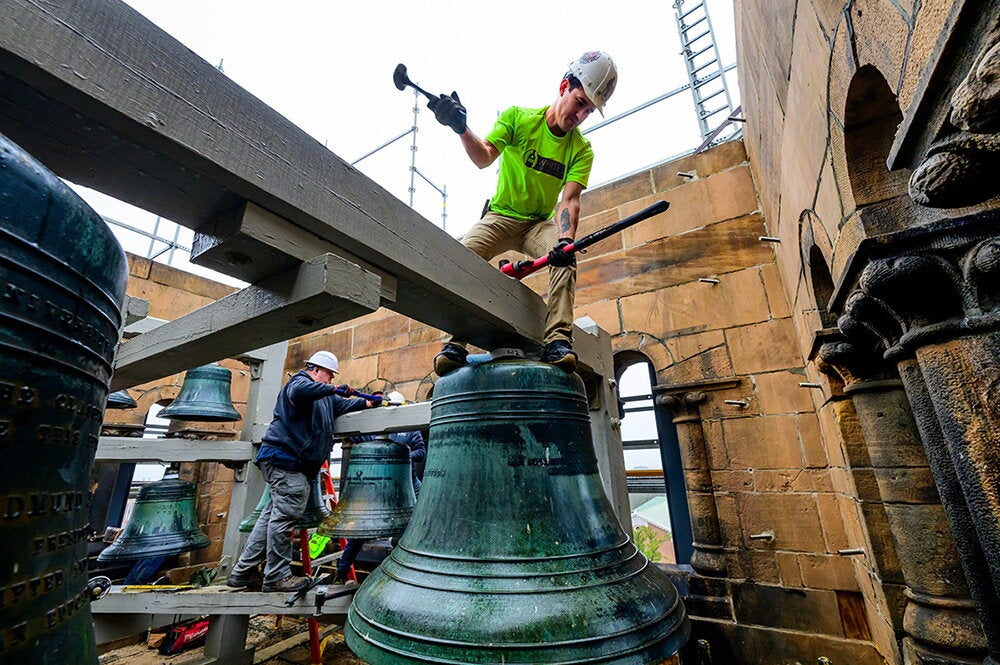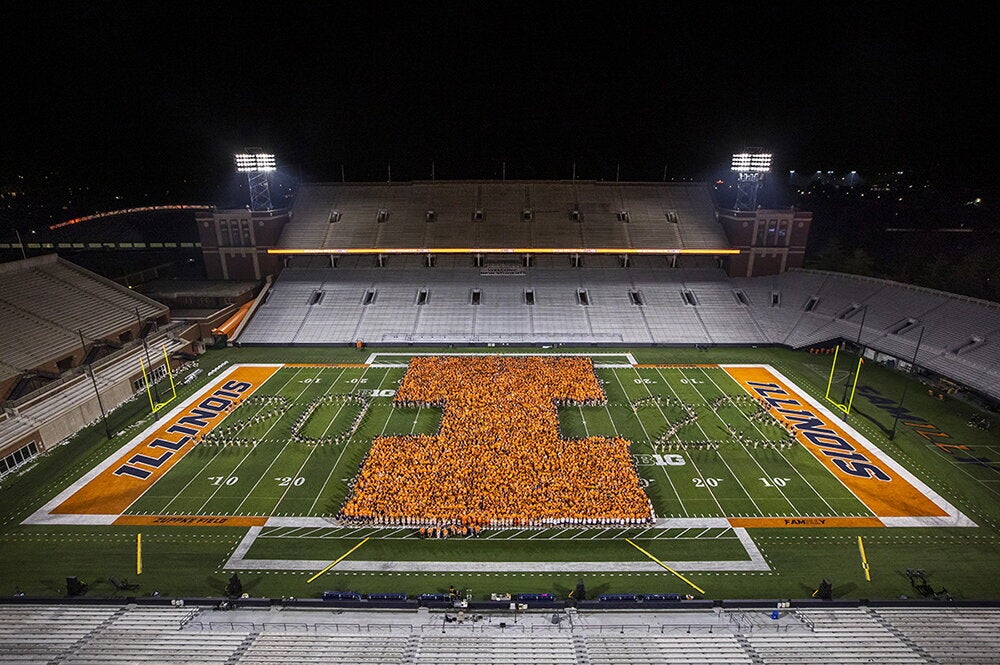

Emerging humanities initiatives at the University of Illinois are receiving a boost thanks to a $2,050,000 grant from the Andrew W. Mellon Foundation, the Illinois Program for Research in the Humanities announced.
The grant, coming on the heels of another major grant to IPRH from the Mellon Foundation last year, will be used to create research groups in three areas: bio-humanities, environmental humanities, and legal humanities. The funds will support fellowships for faculty, graduate students, and undergraduate interns, and also help bring post-doctoral fellows to the University.
“This funding creates an outstanding opportunity for our faculty and students at Illinois to advance research and pedagogy in these critically important areas of inquiry,” says Dianne Harris, director of IPRH. “Our faculty and students are poised to make exceptional intellectual contributions that can shape new ways of understanding these fields nationwide. I remain very grateful to the Andrew W. Mellon Foundation for making it possible for us to engage in this important work.”
The impact of the grant will become most visible in 2016, when the first fellows and interns (to be selected through competitive processes) are appointed.
“Working together, these inter-generational and multi-disciplinary groups of scholars and students will form new intellectual partnerships that bridge traditionally understood areas of expertise,” IPRH announced in a release. “The grant provides opportunities for the research groups to engage with the exceptional resources of our campus to advance research and pedagogical practices in the three defined areas, and to contribute through their collaborative endeavors to the formation and broader understanding of these trans-disciplinary fields in the humanities and arts.”
The IPRH adds that the grant will help create models for “cross-generational collaborations,” and also provide new opportunities for undergraduates in the humanities through certificate programs.
Created in 1997, IPRH has been growing in profile. Chancellor Phyllis Wise points out that the new grant builds on the foundation of the Humanities Without Walls Initiative, created at Illinois in 2012 to improve research and teaching in the humanities through collaborations among a consortium of universities. The initiative won a $3 million grant from the Mellon Foundation in 2014.
Wise says IPRH will use the latest grant to bridge a diverse range of disciplines, ages, and experiences by potentially bringing faculty, post-doctoral fellows, graduate students, and undergraduates together to advance understanding.
“Collaboration is something we talk about at Illinois all the time,” Wise wrote in a blog post about the grant. “This new grant builds on our demonstrated faculty success in pushing the edges of what’s possible in cross-disciplinary scholarship.”
Bio-humanities, environmental humanities, and legal humanities are areas of strength at Illinois, as they require applications of historical, literary, and visual thinking, IPRH says. The study of these areas coincides with the campus strategic plan to increase understanding of health, wellness, energy, environment, society, and culture.
“This grant is tremendously exciting for our campus and it will be a game changer for our faculty and students,” says Barbara J. Wilson, Harry E. Preble Dean of the College of LAS. “Our broad-based excellence in the humanities made this award possible, and I am grateful to IPRH and to Dianne Harris for such creative work on the proposal.”


